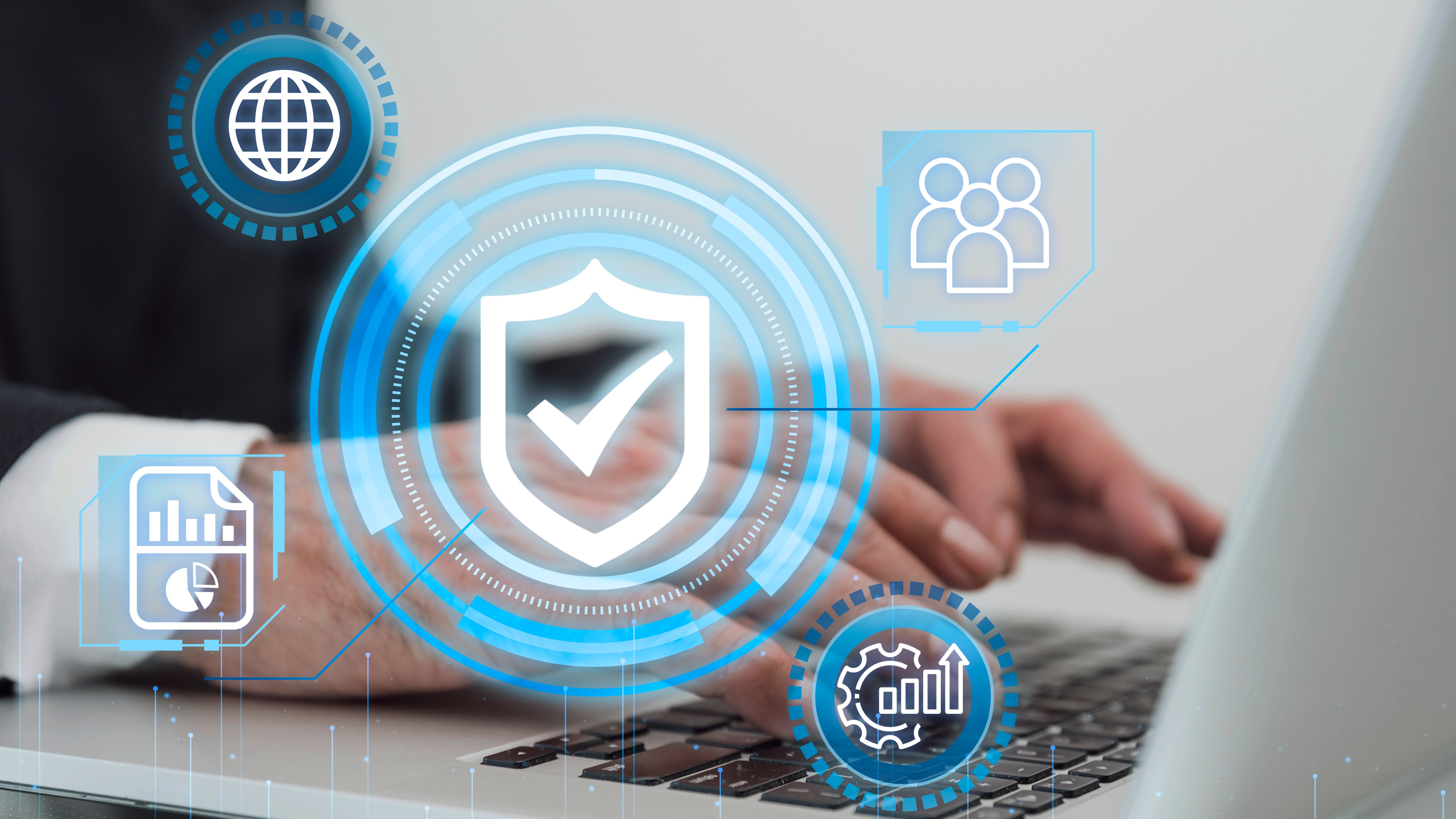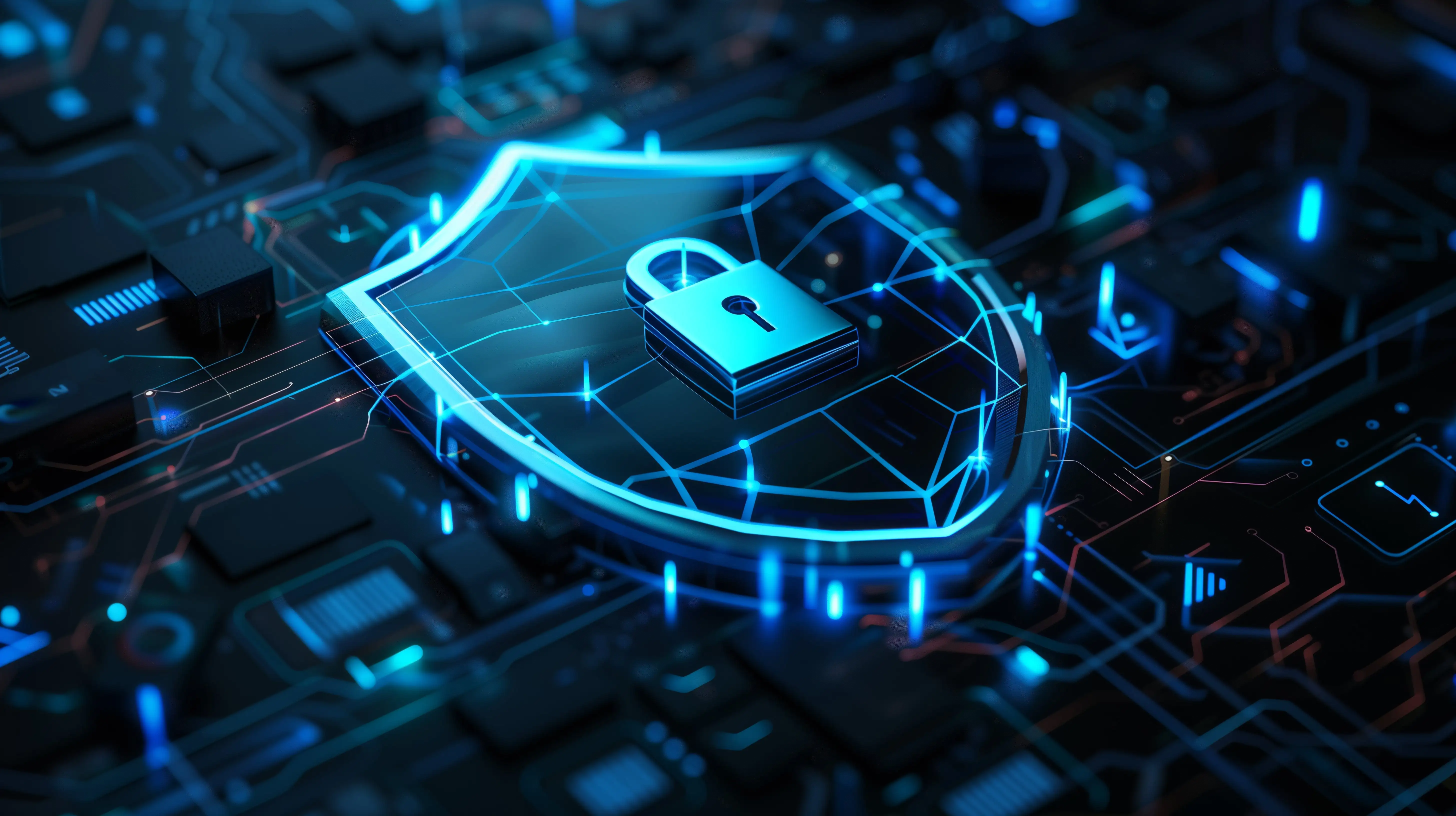The Growing Cybersecurity Threat in Healthcare
The healthcare sector is witnessing a startling increase in cyberattacks, with cybercriminals attacking hospitals, and medical organizations at an unprecedented level. The growing reliance on digital healthcare solutions has increased the need to safeguard patient information and essential systems more than ever before. Cyberattacks such as ransomware, phishing, and data breaches threaten patient safety, financial health, and regulatory compliance.
With these rising threats, investing in healthcare cybersecurity solutions is no longer optional but a necessity. This article explores the growing cybersecurity threats in healthcare, the unique challenges the industry faces, and the best healthcare security solutions available today. We’ll also highlight the importance of healthcare cybersecurity companies and how they are protecting medical institutions from evolving cyber risks.
Cybersecurity in Healthcare Statistics: A Rising Crisis
The healthcare sector is presently one of the most vulnerable industries for cybercrime. Hospitals and clinics alone are responsible for nearly 25% of all reported data breaches as per recent cybersecurity in healthcare statistics. The most prevalent threats are:
• Ransomware Attacks – Encrypting hospital systems and holding them hostage for ransom.
• Phishing Attacks – Cybercriminals manipulate the healthcare staff into revealing sensitive information.
• Insider Threats – Staff members exploiting or inadvertently exposing patient data.
Why Cybersecurity for Healthcare Is Unique Compared to Other Industries
Unlike most industries, cyber security in healthcare involves very sensitive personal information, such as medical records, Social Security numbers, and insurance information. This information, if leaked, can be employed for identity theft or fraud. Hospital and clinic operations also depend on vast networks of interlinked medical devices, which exposes them to cyberattacks.
The Cost of Healthcare Cyberattacks
The economic impact of a healthcare cyberattack is unfortunate. The mean cost of a healthcare data breach is over $10 million per breach. These expenses involve:
• Regulatory Fines – Breach of data protection regulations like HIPAA attracts huge fines.
• Operational Disruptions – Hospital operations can be brought down by attacks, slowing essential treatments.
• Reputation Damage – Patient trust loss due to stolen health records.
With these risks, healthcare professionals need to ensure cyber security for healthcare to protect their operations.
#1 Cybersecurity Solution for Healthcare
In order to tackle the constantly evolving cyber threat, top healthcare cybersecurity companies have come up with state-of-the-art security solutions designed specifically for the industry's requirements.
Introducing the Most Effective Healthcare Security Solutions
The most effective healthcare security solutions are:
• AI-Driven Threat Detection – Scans networks in real-time to identify and eliminate threats before they inflict harm.
• Zero Trust Security Models – Does not allow any individual to view sensitive information unless they go through several layers of authentication.
• Blockchain Technology – Facilitates tamper-proof storage of patient records in a secure manner.
How Top Healthcare Cybersecurity Companies Are Addressing Cyber Threats
The top healthcare cybersecurity companies utilize AI, machine learning, and sophisticated encryption mechanisms to shield hospitals from dynamic cyber threats. Their healthcare cybersecurity services comprise:
• 24/7 Network Monitoring
• Automated Threat Response Systems
• Secure Cloud Storage and Backups
Key Elements of an Effective Healthcare Cybersecurity System
1. Data Encryption: Safeguarding Patient Records and Sensitive Medical Data
Encryption guarantees that all electronic health records (EHRs) are stored and transmitted securely. This keeps unauthorized parties out, even in the case of a data breach.
2. Multi-Factor Authentication (MFA): Blocking Unauthorized Access
MFA demands multiple factors of verification before access is granted to vital healthcare systems. This greatly minimizes the risk of stolen or leaked credentials.
3. Endpoint Security: Securing Hospital Equipment and Medical IoT
Medical devices connected to the internet are susceptible to cyber threats. Good medical cybersecurity protects the IoT devices like pacemakers, ventilators, and monitoring systems against cyber threats.
4. Network Security: Hardening Healthcare Network Security
An effective healthcare network security policy comprises firewalls, intrusion detection mechanisms, and secure remote access for hospital personnel.
5. Secure Cloud Storage: Securing EHRs Against Cyber Threats
With hospitals adopting cloud-based models, healthcare cybersecurity would need to have secure cloud storage to avoid unauthorized access and ransomware attacks.
What Makes a Hospital Cybersecurity Company Trustworthy?
A hospital cybersecurity company should offer:
• Real-time threat intelligence
• HIPAA and GDPR compliance solutions
• Security frameworks personalized to hospitals and clinics
Difference Between Publicly Traded Cybersecurity Companies and Private Companies
Publicly traded cybersecurity firms might have deeper pockets and research staff to innovate quicker. Yet, private companies might provide more niche healthcare cybersecurity consulting customized for individual medical centers.
How to Choose the Optimal Healthcare Cybersecurity Solution
Since numerous healthcare cybersecurity firms provide different solutions, choosing the best one is vital. The following are the most important factors to keep in mind:
Important Things to Look for in a Cybersecurity Provider
• Industry Expertise – Select top healthcare cybersecurity firms that are experts in medical IT security.
• Regulatory Compliance – Make sure the provider is HIPAA, GDPR, and other healthcare security laws compliant.
• Scalability – The solution should be scalable to meet your hospital or clinic’s evolving needs.
• AI Integration – Next-generation healthcare cybersecurity solutions should incorporate AI-based threat detection.
Why Healthcare Cybersecurity Consulting Is Critical
Cyber threats are in continuous evolution, so healthcare cybersecurity consulting is an essential service for hospitals. Consulting services assist with:
• Carrying out the risk assessment to discover vulnerabilities.
• Enforcing personalized security policies adapted to hospital infrastructure.
• Educating health staff on cybersecurity best practices.
Steps to Implement Cybersecurity in Healthcare
1. Carry Out a Security Audit
Analyze existing vulnerabilities and compliance shortfalls.
2. Apply Advanced Threat Detection
Introduce AI-powered security software for real-time monitoring.
3. Embrace Zero Trust Security Models
Strengthen healthcare security solutions with multi-layered authentication.
4. Train Staff on Cybersecurity Best Practices
Minimize human mistakes that result in data breaches.
5. Invest in a Trustworthy Security Partner
Collaborate with a hospital cybersecurity company to manage security requirements continuously.
The Future of Cybersecurity in Healthcare
Predictions for Cyber Security Healthcare in the Next Decade
• AI-Based Cybersecurity Will Reign Supreme – Automated security tools will be essential in threat prevention.
• Tougher Regulatory Scrutiny – Governments will open more stringent regulations for cybersecurity in healthcare.
• Increase in Medical IoT Threats – Increased devices = increased need for healthcare IT security.
Why Healthcare Cybersecurity Services Are More Important Than Ever
Cybercriminals are getting more vicious, and healthcare cybersecurity services are no longer an option. The surge in cyber security in hospitals attacks points towards the significance of:
• Proactive threat intelligence to avert breaches.
• Ongoing security monitoring of EHRs and cloud data.
• Artificial intelligence-based security solutions for hospitals, clinics, and pharma companies.
The Contribution of Top Companies in Healthcare Industry Towards Cybersecurity Innovations
The top healthcare cybersecurity companies are constantly innovating by:
• Creating AI-driven threat detection systems.
• Securing medical data through enhanced cloud security.
• Enriching compliance solutions for listed healthcare companies.
With the growing healthcare cybersecurity market, further investments in sophisticated security technologies will be made.
Protect Your Healthcare Organization Today – Don't Wait for a Cyberattack!
Keep your healthcare organization safe from cyber threats with advanced healthcare cybersecurity solutions. Gini offers AI-powered threat detection, data encryption, and real-time monitoring to safeguard your hospital, clinic, or medical practice.
End-to-End Healthcare Cybersecurity Consulting
HIPAA & GDPR Compliance Solutions
24/7 Threat Monitoring & Incident Response
Don’t wait for a cyberattack—Lock down your healthcare network today!
Start with Gini






